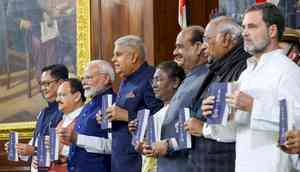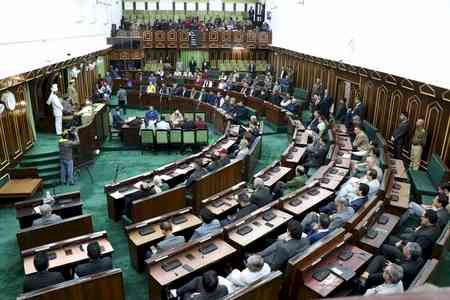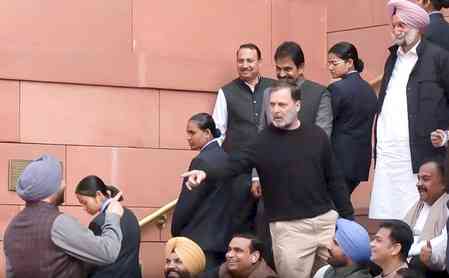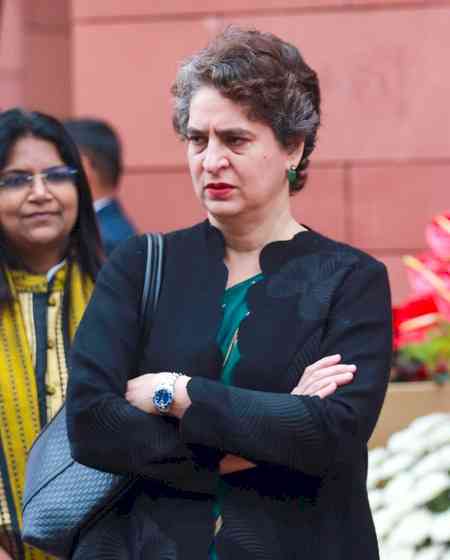Foreign pressure demands national unity, not partisan blame
At a time when global diplomacy is being tested by unpredictable leadership in major powers, India must rise above internal divisions to defend its sovereignty and national interest. The recent antagonistic posturing by US President Donald Trump is not unique to India; he has bullied long-standing allies such as Europe, Japan, South Korea, Canada, and Mexico. His transactional worldview treats foreign relations like business deals, demanding concessions while offering little in return. India’s refusal to bow to such pressure should be a point of national pride, not domestic criticism.

Brajesh Tripathi
New Delhi, Sep 20 (IANS) At a time when global diplomacy is being tested by unpredictable leadership in major powers, India must rise above internal divisions to defend its sovereignty and national interest. The recent antagonistic posturing by US President Donald Trump is not unique to India; he has bullied long-standing allies such as Europe, Japan, South Korea, Canada, and Mexico. His transactional worldview treats foreign relations like business deals, demanding concessions while offering little in return. India’s refusal to bow to such pressure should be a point of national pride, not domestic criticism.
Unfortunately, some voices in the opposition have chosen to blame the Indian government for Trump’s antagonism, say political observers. “This approach weakens our united front at a time when national solidarity is most crucial. Unlike certain countries, India has not pandered to the Trump administration through backdoor business deals or personal connections with his inner circle,” added the analysts. We have charted an independent path that prioritises national interest over political expediency or superficial personal rapport, say experts.
According to diplomatic analysts, India has made significant strides in its relationship with the US over the past two decades, under governments of different political leanings. Defence cooperation, technology transfers, and strategic alignment in the Indo-Pacific have deepened. If Trump seeks to unravel these gains to appeal to his domestic MAGA (Make America Great Again) base, it reflects his erratic diplomacy—not a failure of Indian statecraft, say experts.
This is not the moment to mock the government or score political points. The question being asked is whether the opposition would prefer that India concede to American demands on GMO crops or dairy market access at the cost of farmer livelihoods and food sovereignty. Strong democracies thrive on debate, but when it comes to foreign bullying, unity sends a stronger signal than division.
“We can and must continue with robust domestic political contestation. But on matters of external pressure and safeguarding India’s strategic autonomy, closing ranks and showing a united face is not just wise—it is essential. Let domestic politics remain vibrant, but let our national interest remain sacred,” say analysts.
--IANS
brt/uk



 IANS
IANS 










